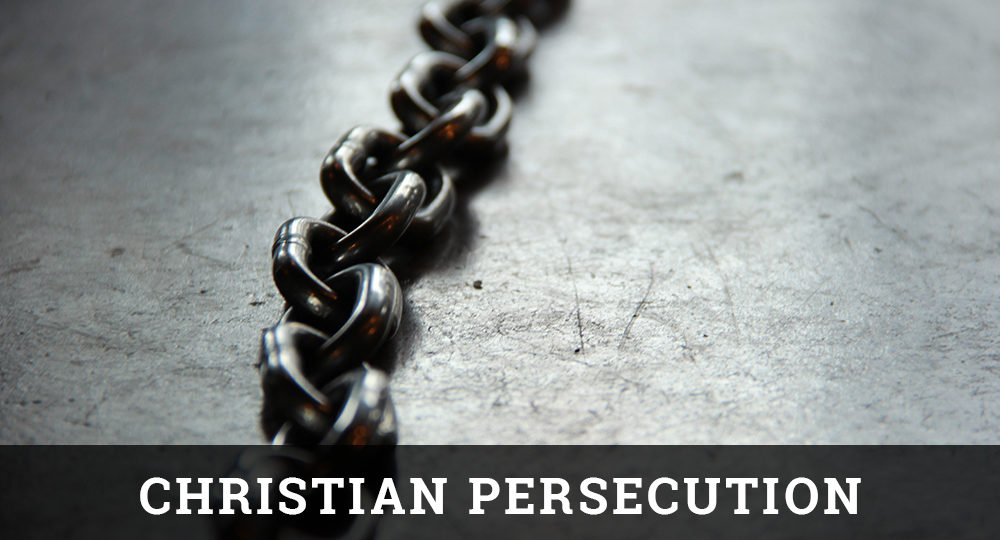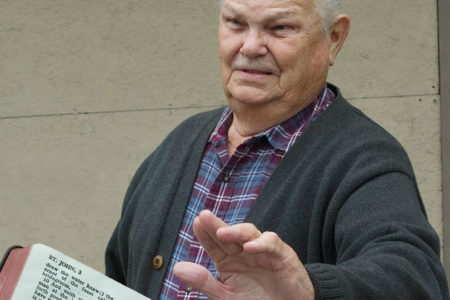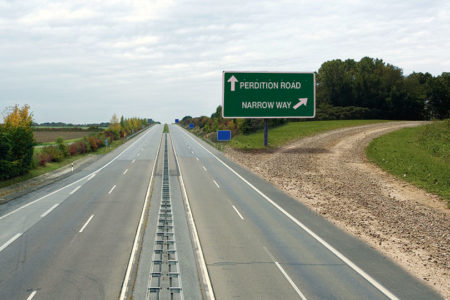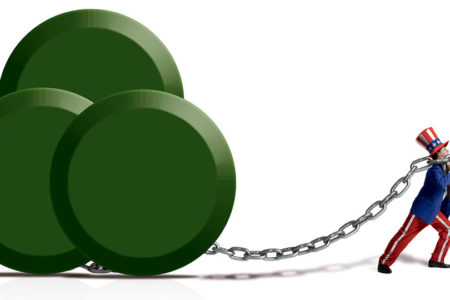They Cry in Silence Jan/Feb 2009
Read these statistics and then try to tell yourself that all is well in the world of Christianity.
According to the All India Christian Council (AICC), as reported by Compass Direct News, “at least 57 people were killed, more than 18,000 injured and over 4,300 houses, 150 churches and 13 educational institutions destroyed” since the outbreak of Hindu extremist violence in the State of Orissa, India, on August 24, 2008. The violence, which later spread to some 14 other districts in Orissa, left 50,000 Christians homeless.
Early in October, three Christians were killed by militants and nearly 400 homes burned. One victim, an influential pastor, was shot and then cut into pieces. In another incident, an 80-year-old man was axed to death and his brother riddled with 13 bullets. “In the attacks,” reported Compass Direct, “an 8-year-old boy miraculously survived after being hit by an axe in the middle of his skull.”
Meanwhile, a mob raped a nun. A priest who was trying to assist her was doused with gasoline and badly beaten.
It is pathetically understated to say that these “incidents” are only the tip of the iceberg. In many areas of the world, it has become the norm to rape, attack, murder, and set fire to Christians.
These heinous, barbarous crimes against the innocent are only amplified by the indifference they generate. Often they are ignored entirely or dismissed with an attitude that says, “Perhaps these Christians did something to deserve it.” The Western world’s refusal to acknowledge, let alone publicize, what is happening is deservedly contemptible.
When last fall’s financial crisis brought economies in the West and Asia to the brink of collapse, an air of hysteria set in that had not been seen since the Great Depression of the early 1930s. From the halls of great governments to financial institutions to people on the street, there was outrage and panic coupled with demands to do something immediately to avoid a complete crash of monetary systems and global markets. The response was instantaneous. Bailout and rescue became daily buzzwords. Of course, this reaction came as no surprise. After all, money was at stake; and material comfort and security comprise the very stuff of life in secular societies.
Unfortunately, when there’s a choice between lucre and human life, lucre usually wins. Recent history has ushered in this sad but true verdict.
I read somewhere recently that there is no benevolence in greed. It’s a thought Western churches should seriously consider. Do we value the sanctity of dollars or euros more than the life of a pastor in India hacked to pieces because of his faith or an 80-year-old Christian lying dead from axe blows because he loved and followed Jesus? If we do, shouldn’t we speak up about it? And shouldn’t we be on our knees in prayer for those who suffer for His sake?
A young woman approached me after a church service recently. She was elated to tell me that she had just received a “Remember” lapel pin from The Friends of Israel and was proud to wear it. It was her personal reminder and challenge to others to pray and reach out to help those afflicted by the violence of bigotry. May her number increase by the millions. And may more people read the statistics and realize that improving the status quo and trying to elevate people’s standards of living will not stem the tide of hatred for Christ and Christianity.







